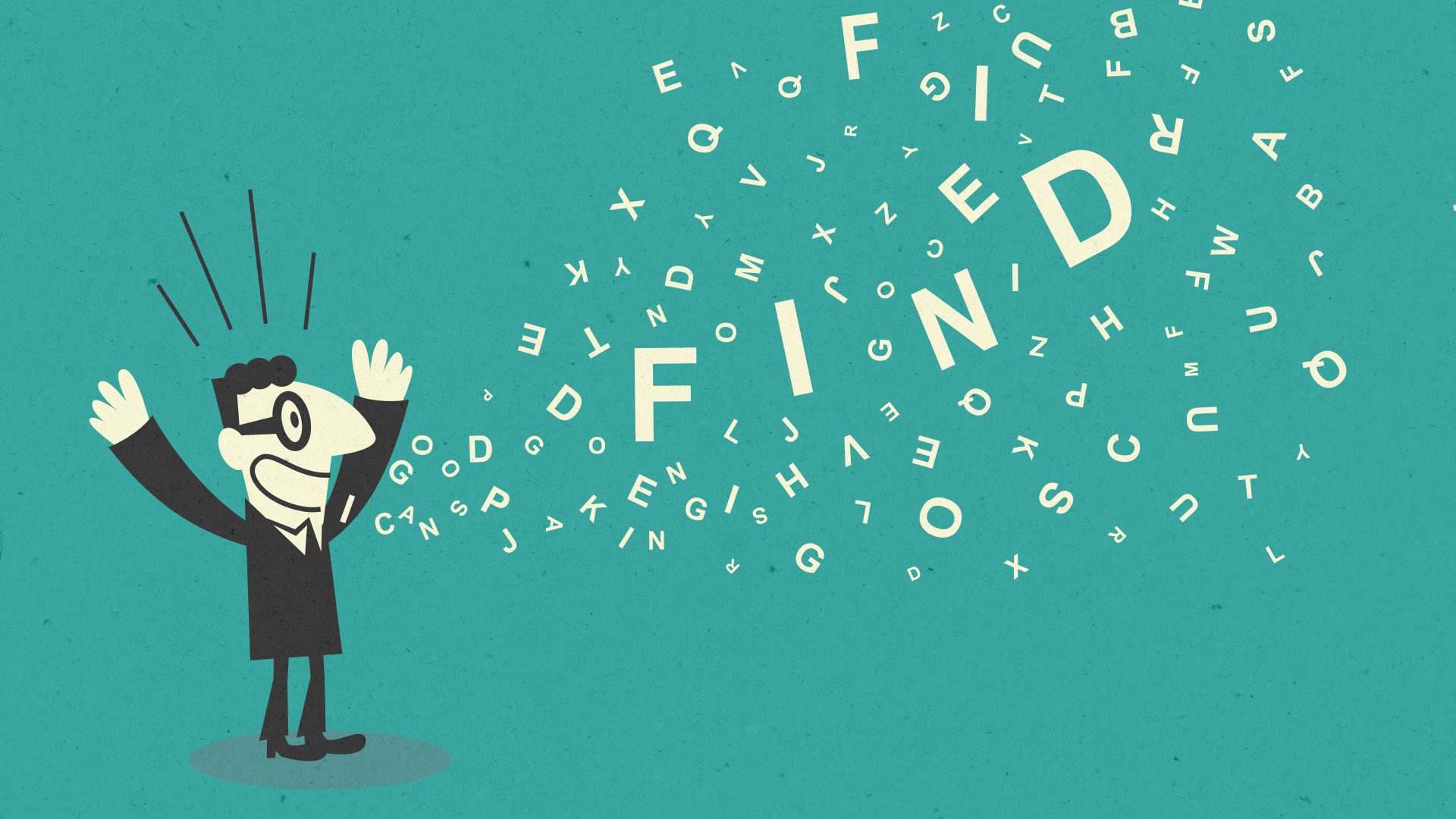The spelling system we use to represent the sounds of the English language in writing is widely agreed to be unsatisfactory: the difficulty of English spelling is notorious. Because of the history of our language and changes to it through time, there are “silent letters” (knee, thumb, should), and several different ways of spelling the same sound (see, sea) as well as many different pronunciations for the same combination of letters (bough, cough, enough, thought, through).
This does, it is true, give people in English-speaking societies the opportunity to have fun participating in spelling competitions, sometimes known as “spelling bees”. But it also requires educators to spend a great deal of their time teaching pupils how to spell – and then more time testing them on it.
French spelling, while tricky, is less unsatisfactory than English. Eaux “waters” is a pretty daft way of writing a word which is pronounced “o”, but at least with French you can generally tell how to pronounce a word from its spelling, even if the reverse is not true.
English has now become the world’s most important second language, so there are, embarrassingly, many millions of people out there now learning our language who have to spend hours of their lives learning how to decipher and write it, time which could be spent more usefully on learning other things.
This would not be the case if, for example, Finnish was the world language. The Finnish spelling system is so regular that learning how to spell Finnish is not really significantly different from learning how to write it. If you hear a Finnish word spoken you know how to spell it, and if you see a Finnish word written down you know how to pronounce it. Spelling competitions in Finland would be rather pointless.
Citizens of Finland are reportedly the happiest in the world, though it would be too much of a stretch to suppose that there is a causal relationship here, especially since Denmark is also among the happiest nations on earth and the Danish spelling system does not have nearly so much to recommend it as the Finnish system does.
Still, if there was ever to be a wholesale reform of English orthography, there are some aspects of our inconsistent system which we might want to preserve. If we were to make the spelling of English totally regular in terms of spelling-pronunciation correspondences, as in Finnish, so we could always predict the spelling of a word from its pronunciation and vice versa, important information could be lost.
Not only would we lose the possibility of distinguishing lexically between, say, scent and cent, or two and too, but we would also lose grammatical cues.
Consider the words find and fined. They are pronounced exactly the same, and so ideally would be spelt the same. But fined is a past-tense verb consisting of two grammatical elements which linguistic scientists call morphemes: the verb to fine, plus the –ed past-tense marker. Find (verb and noun) consists of a single morpheme without any internal grammatical structure. The phrase “if I find/fined you” would be ambiguous if they were spelt the same.
This same issue is illustrated by other homonyms with different grammatical compositions, such as band versus banned, missed versus mist, and paced versus paste.
HAPPY
Many words for happy in different European languages originally meant “lucky”. English happy comes from the Old English noun hap “chance, fortune” which also lies at the root of the verb to happen. Happy did not acquire the sense of “glad, pleased” until the mid-1500s. Previously speakers would probably have said blithe.




